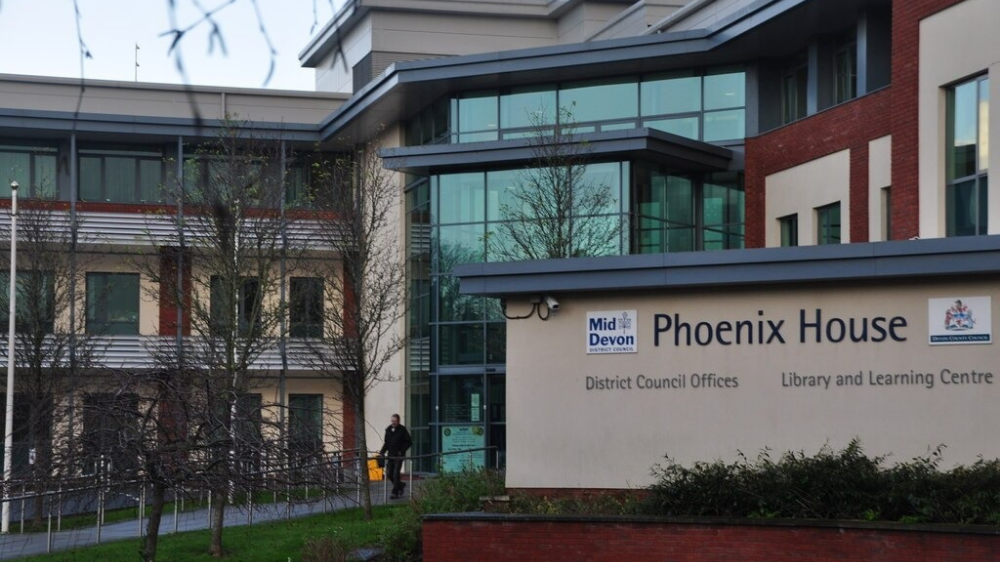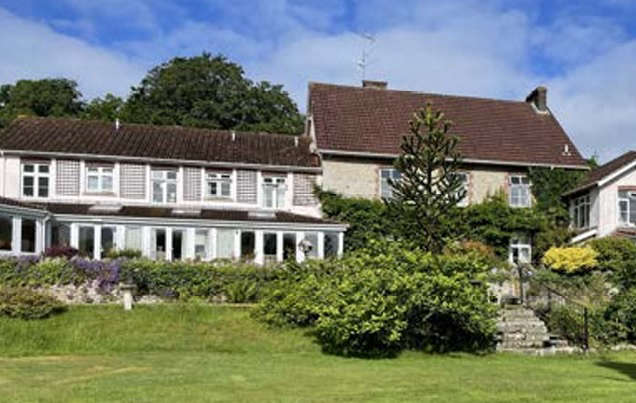
£1.5 million earmarked
Hundreds of social housing tenants in Mid Devon who overpaid rent because of a calculation error will be told whether they will get compensation on top of their refunds.
The district council has already estimated it will need around £1.5 million to repay roughly 1,200 tenants.
Once this has been calculated, each they will be told whether they will also receive compensation on top of their rent repayment.
The error goes back to 2002, but was only identified towards the end of last year by the council’s new auditor, Bishop Fleming.
The issue was caused by the council applying a rent formula to its whole stock in one go, rather than segmenting it by property size and applying the formula on each of segment individually.
This also led to around 1,600 tenants being undercharged, but none of these will be required to make up any lost rent.
Andrew Jarrett, deputy chief executive who is responsibile for finance, said the council has a relevant compensation policy that may be used for some tenants.
“Residents will be told whether they will get compensation on top [of their repaid rent],” he told the Local Democracy Reporting Service.
He hopes to get the first round of refunds paid soon, relating to tenants who had paid their rent in full themselves and had not relied partly on benefits.
“The tenants that have no benefits and who paid the rent in totality themselves are the ones who we should be able to get refunds to in the next couple of months,” he said.
Refunding tenants whose rent was partly paid through benefits is more complex, and the council is waiting for the information from the Department for Work and Pensions so it can work out how much it needs to refund people.
Legal advice means the council will only refund overpaid rent for a six-year period, meaning residents who have lived in their council house for longer may not get back the total amount.
Former councillor Barry Warren told a recent council meeting that he knew a resident who had lived in the same council house since before the error occurred in 2002.
He asked if it was “morally correct or defendable” to pay someone back only for six years when the resident had lived in their council house for more than two decades.
Mr Jarrett said that if the council was forced to refund residents for longer than the six years that could create unintended consequences.
“If we had to go back further, because we lost a legal challenge for instance, then we would have to let residents know that the money would be coming out of pots for future maintenance and enhancement work,” he said.
“Some people might actually think it is better that the money remains in the housing revenue account [the council’s ring-fenced housing finance pot] and they can keep living in well-maintained houses.”
Mr Jarrett acknowledged the issue was an “embarrassing error” but that he had worked for the council for a long time and “can’t give examples where we have made significant financial mistakes”.
“I don’t think we should be judged on the mistakes, but rather how we deal with them when they happen,” he added.
The council reported itself to the social housing regulator when it discovered the error, and Bishop Fleming says the error has occurred in other councils and housing associations.
“We have taken all the actions we should have done and we have spoken to the Regulator of Social Housing and they seem confident with how we are dealing with it,” Mr Jarrett said.
At present, the council has £2 million in reserves in one housing finance pot, with other housing-related reserves amounting to more than £21 million, but which are classified as ‘earmarked’.
 Chief constable won't be prosecuted
Chief constable won't be prosecuted
 Pop-up market proposal for Exeter city centre
Pop-up market proposal for Exeter city centre
 'Bad deal' blast over Churston solar farm
'Bad deal' blast over Churston solar farm
 Bovey Tracey holiday homes plan rejected
Bovey Tracey holiday homes plan rejected
 Broadside for 'incongruous' Kingsbridge waterside home
Broadside for 'incongruous' Kingsbridge waterside home
